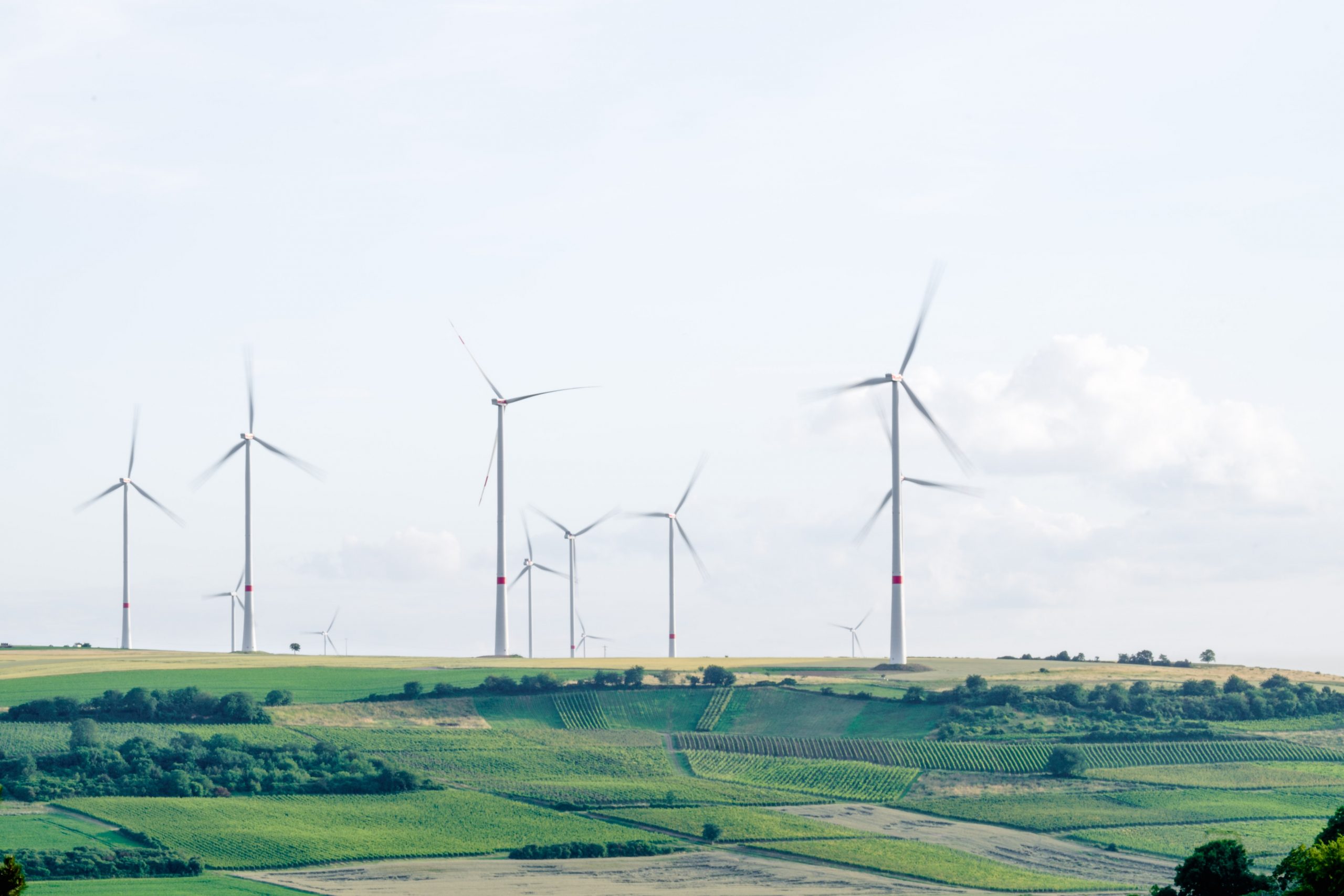
Gaming Editor Louis Wright explores the role that the climate and policy around this could play in the rapidly approaching UK General Election.
74% of adults over the age of 16 have reported that they are at least somewhat worried about climate change. With one in four of the population eligible to vote citing climate change and the environment as a prominent issue, it appears to be pertinent in deciding how the parties will prosper in a general election. The question posed, therefore, is how are each of the major political parties acclimatising their strategy to this information, if at all, and what will it mean for the future of not just the country, but the world at large.
74% of adults over the age of 16 have reported that they are at least somewhat worried about climate change.
As the currently reigning party, the Conservatives’ actions and stances are clear to see from the way they govern the country. Earlier in the year plans were announced to open the first coal mines in the UK in 30 years. More recent legislation backs the furthered drilling of gas and oil in the northern seas. A clear stance is made in this return to and hard stance on the use of fossil fuels; the Conservative party is not interested in investing in clean, renewable energy sources.
While the argument made cites both forms of fuel being used to help support and safeguard the UK’s economy, it clearly ignores the detrimental impact these methods of fuel production and use have on the environment. Oil drilling significantly increases the risk of contamination to the ocean, which in turn creates a rippling effect on the marine life that lives near offshore rigs to the humans that may end up consuming them. Likewise the process of mining coal damages the surrounding land and soil, pollutes surface and subsurface water, and even causes contamination to the air.
The Conservative party is not interested in investing in clean, renewable energy sources.
Furthering this damage, as both are fossil fuels they produce CO2 emissions when burned for energy production, which allows for global warming to occur. As of 2021 coal use was responsible for 14.98 billion tonnes of CO2 production, oil 11.48 billion tonnes, and natural gases 7.92 billion tonnes. Combined this creates a total of 34.38 billion tonnes of carbon dioxide being put into the atmosphere in a year from the use of the fuel types, which the UK are a large contributor to under the Conservative government.
If this were not enough of an indication of the Conservative stance, prime minister Rishi Sunak stating intentions of dropping many of the net-zero policies the party committed to certainly is.
While pledges have been made to make the country net-zero by 2050 rather than the initially projected 2030, this is not enough for the rate at which climate change and global warming are ravaging the planet. In 2019 it was estimated that there were only 11 years before climate change as a result of CO2 emissions would result in irreversible damage to the planet, hence the 2030 goal for net-zero emissions. By walking back on this the Conservative party is acknowledging that irreversible damage to the planet’s condition, ecosystem, and stability is an acceptable cost.
Labour’s Green Transformation packages states that 60% of energy production will come from low-carbon or renewable sources within 12 years of Labour coming into power
In contrast to the Conservative’s adherence to the use of fossil fuels in the future of the United Kingdom, Labour’s Green Transformation package explores potential alternatives. Most notably it states that 60% of energy production will come from low-carbon or renewable sources within 12 years of Labour coming into power at the next General Election. This is done through encouraging the production of tidal lagoons and wind farms on the British coast.
As tidal lagoons use the natural occurrence of the tide to provide power to generators, these make for an excellent option for energy that does not result in carbon production. The tide is incredibly predictable and happening for most of the day this results in a consistent energy production. Similarly wind power uses the wind to turn a turbine which allows a generator to provide energy. On the English coastline wind speeds average at 8m/s which is double the 4m/s that is needed to provide consistent energy production.
On a surface level this is a definite positive as it will see a reduction in the use and production of coal and oil. However within 12 years of 2024, the cutoff for irreversible damage at the hands of global warming will have occurred, meaning that while it will be effective, the projected plan from Labour is not enough of a solution. This is especially so considering 60% of energy production coming from low-carbon, renewable, sources means the 40% still comes from, likely, traditional fossil fuels.
The Liberal Democrats, as the main force of contention towards the two primary parties, have a more progressive environmental plan than both of them. The Green Recovery Plan usurps Labour’s goals for the use of clean energy, aiming for 80% of all energy production to move to renewable, carbon-free production methods by the crucial 2030 cutoff.
The Lib Dems’ Green Recovery Plan usurps Labour’s goals, aiming for 80% of all energy production to move to renewable, carbon-free production methods by the crucial 2030 cutoff
As a differentiation from the norm of the other parties’ eco-policies, the Lib-Dems focus on a clean air initiative, particularly in school zones. According to their data 1-in-4 pupils live in areas above the air pollution limits which causes long term health impacts and detrimental effects during development. Therefore, the Lib-Dems leading the charge on this cements them as more ecologically and, ironically next to Labour especially, more socially driven.
Of the larger political parties in the UK, the Green party, fittingly, provides a demonstration of a concise, direct plan to tackle the climate emergency. Their 10 Point Climate Plan goes through the necessary ways the United Kingdom needs to change if it is to become not only a contributor, but a world leader in a greener world.
Including a tax on carbon, revolutionising public transport, the food we eat, the way we interact with nature, and improving how we build our homes, this plan outlines not just improvements to energy production but day-to-day life. If, as a society, we are to become greener and more environmentally conscious then it is pertinent to consider the way we live our lives, with rampant consumption of plastics, alongside how we produce energy.
When considering the voting intentions of the aforementioned 74% who are concerned with climate change at the next general election, it is clear that the Conservative party’s more harmful stance on environmental policies will push people away. However, this does not ensure that Labour will see all of these people voting for them, as their announced environmental policies still leave much to be desired. Therefore, it is likely that with this huge number of people invested in the environment, parties with stronger environmental plans, like the Green party, will see a boost in the number of votes received.
Enjoyed this article? Check out more from Sci&Tech here:
Wind is the Main Source of Electricity Generation in the UK for the first time

Comments